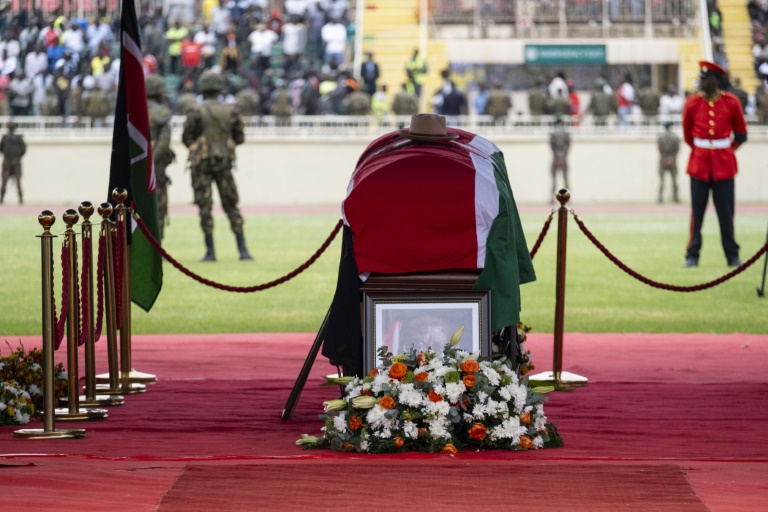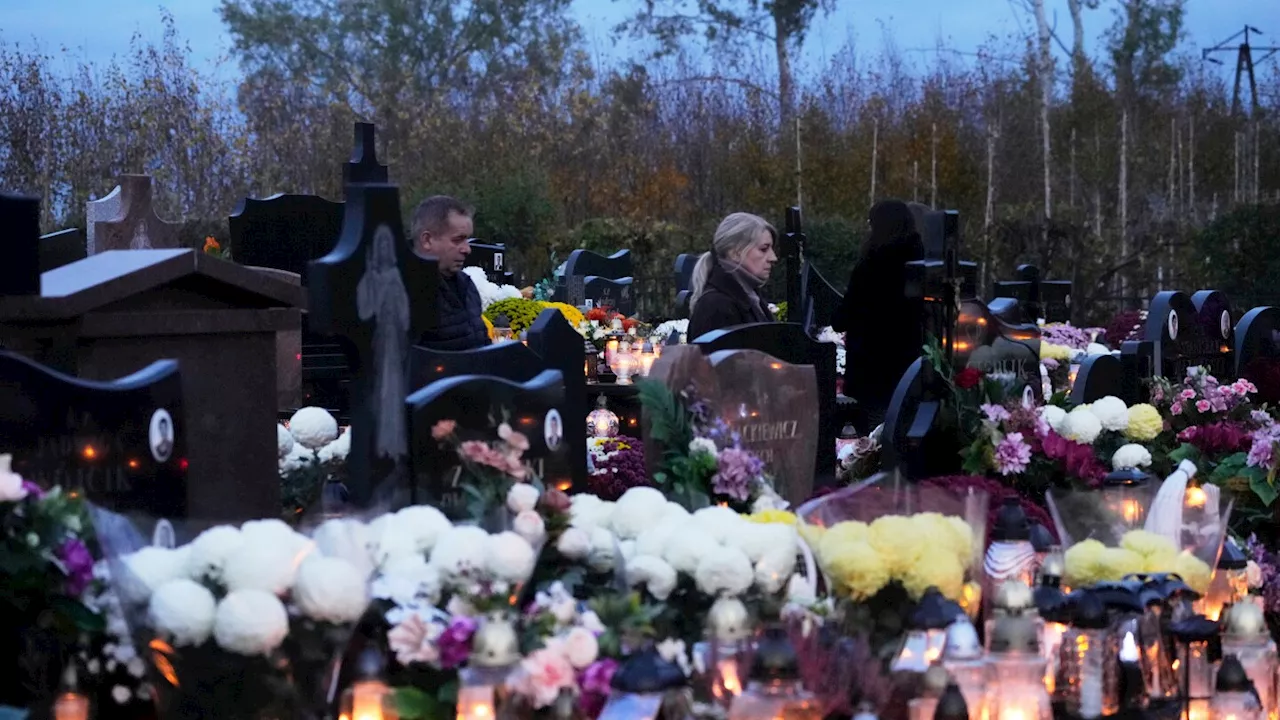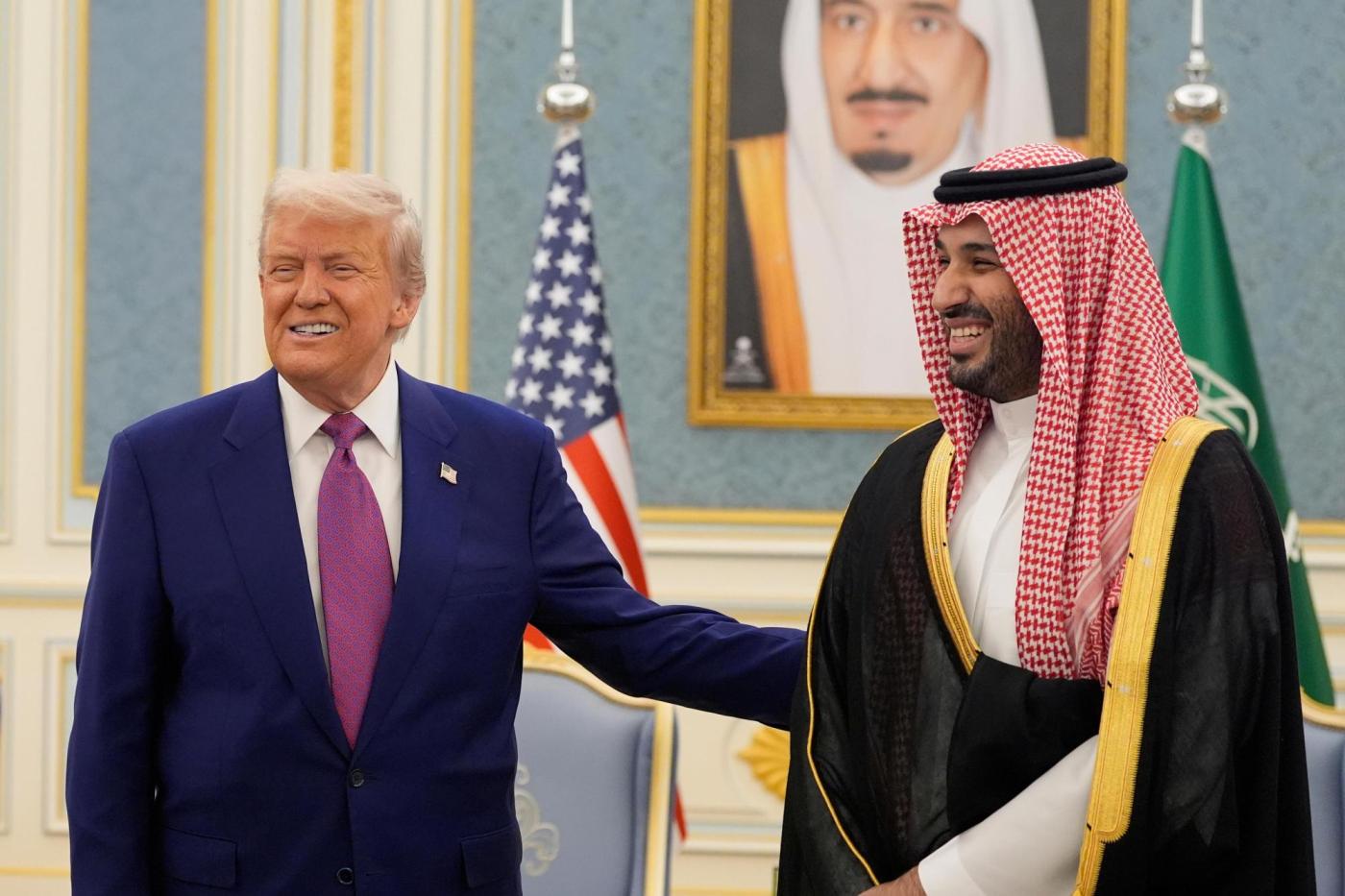Large crowds are gathering in western Kenya on Saturday to pay their respects to the late politician Raila Odinga, whose death has prompted a significant outpouring of grief across the nation. Odinga, aged 80, passed away from a suspected heart attack in India on March 20, 2024. His demise has already resulted in violence, with five lives lost during the mourning ceremonies held this week.
Public Mourning in Kisumu
The most substantial gatherings are taking place in Kisumu, the city considered the heartland of Odinga’s support. His body was expected to arrive for public viewing on Saturday, drawing thousands of supporters who affectionately called him “Baba,” meaning father in Swahili. In the lead-up to the arrival, candles lit the streets, and crowds celebrated with dancing and the sounds of vuvuzela horns filling the air.
Nonetheless, concerns remain regarding potential unrest, especially in light of the chaos witnessed during earlier ceremonies in Nairobi. On Thursday, security forces opened fire to disperse a surging crowd at a stadium where Odinga lay in state, resulting in at least three fatalities. The following day, during a state funeral attended by President William Ruto, a stampede claimed two lives and injured numerous mourners.
Odinga’s Political Legacy and the Future
Regarded as a pivotal political figure in Kenya’s history, Odinga served as prime minister from 2008 to 2013 and attempted to secure the presidency five times, though he never succeeded. He is credited with playing a vital role in restoring multi-party democracy in the 1990s and overseeing the highly regarded constitution of 2010.
Following his death, Odinga’s body was repatriated from India on Thursday and is set to lie in state in Kisumu before being transported to Bondo in nearby Siaya County for a private burial. Kisumu is the largest city in the Nyanza region, primarily inhabited by the Luo ethnic group, which formed the backbone of his political support.
Odinga’s passing creates a leadership vacuum in the opposition, raising concerns about the future of his political movement. Critics have accused him of failing to prepare a successor, which may impact the opposition’s effectiveness moving forward. His pragmatic alliances, including a deal with President Ruto last year, have also led to a loss of support among younger voters who have actively protested against government performance regarding governance and economic issues.
The uncertainties surrounding Odinga’s legacy and the future of his alliances leave Kenya at a crossroads, especially with elections approaching in 2027. The nation now faces a challenging path ahead, with potential volatility in the political landscape as it grapples with the implications of this significant loss.







